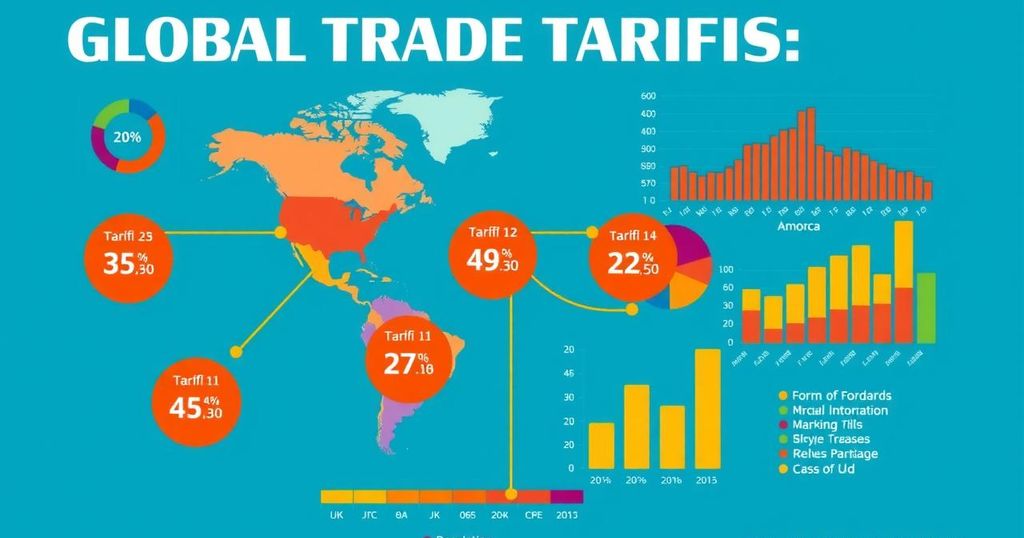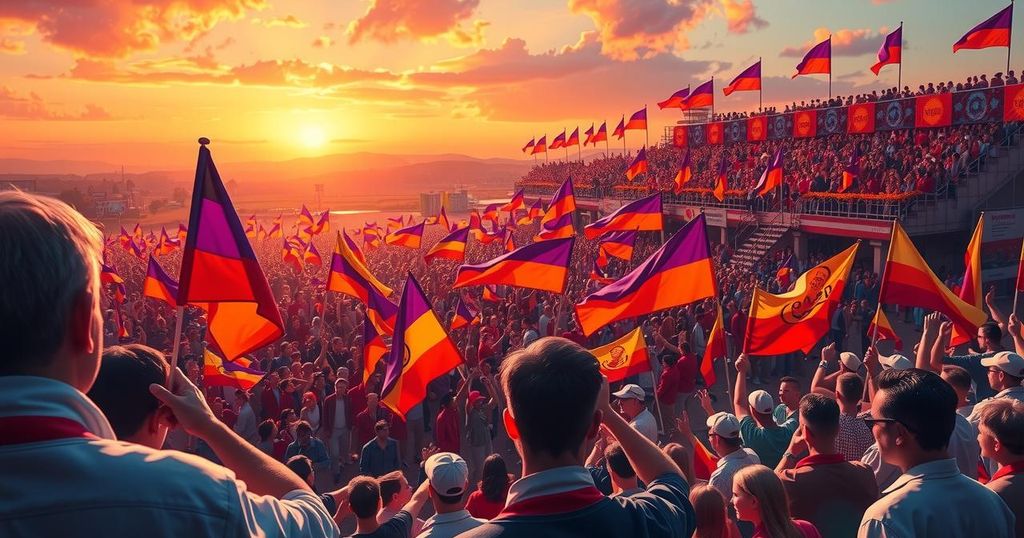Mozambique’s political landscape is tense as the new Parliament is inaugurated without opposition attendance. President Daniel Chapo’s election victory is contested by Venancio Mondlane of PODEMOS, who has proclaimed himself ‘President.’ The ongoing violence and protests have led to calls for a national unity government amid rising unrest.
On January 14, the newly elected Mozambican Parliament convened for its inaugural session following the general elections held on October 9. However, opposition parties, challenging the election results, opted not to attend. Tensions are high ahead of the inauguration of President Daniel Chapo of FRELIMO, who has been in power since 1975. The Constitutional Council confirmed his victory on December 23, despite facing an objection from opposition candidate Venancio Mondlane of PODEMOS, whose request to contest the results was ultimately rejected.
The Constitutional Council did award PODEMOS additional representatives and adjusted Mondlane’s vote percentage from 20% to 25%, while reducing Chapo’s from 70% to 65%. Mondlane, who had recently returned from exile in South Africa, asserted his self-proclaimed title of “President” and expressed willingness to sacrifice himself for his beliefs, stemming from his evangelical faith.
Amidst ongoing protests and violence, which claimed over 300 lives according to various NGOs, discussions are underway for a national unity government, potentially featuring Mondlane as prime minister. These developments reflect not only a political struggle but also significant societal unrest in Mozambique, as parties continue to grapple with the legitimacy of electoral outcomes. (L.M.) (Agenzia Fides, 14/1/2025)
In summary, Mozambique is facing significant political tension following the recent elections, with the inauguration of President Daniel Chapo approaching amidst opposition protests and civil unrest. The Constitutional Council’s decision to adjust party representation has further fueled the controversy, leading to discussions of a possible national unity government. The situation remains volatile as parties navigate the implications of the contested electoral results.
Original Source: fides.org




